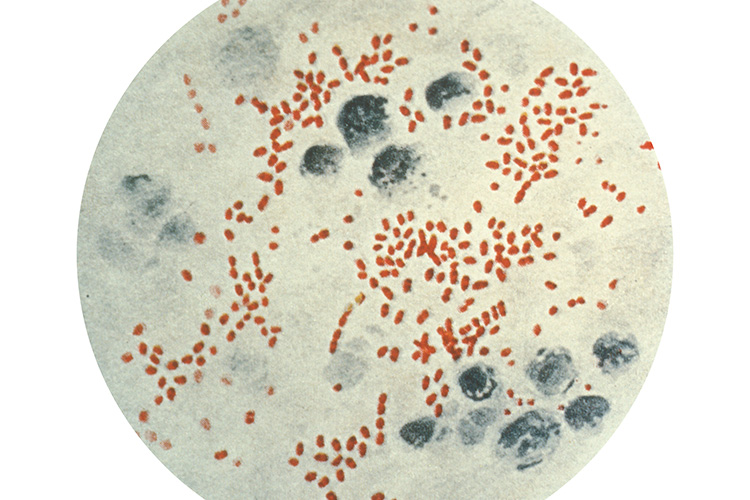Research projects
TRACTS: Trace as a research agenda for climate change, technology studies, and social justice
Dr Aimée Joyce is the Chair of TRACTS (CA0134) a COST Action (2021–2025) funded by the EU that brings together scholars from disciplines of the social sciences and humanities with artists, decolonial activists, and memorialization experts to bridge current cultural, political and geographical gaps in research on traces.
The aim of this network is to reformulate the state-of-the-art in the research on traces through interdisciplinary networking and research coordination. An inclusive network on traces in the context of the current pressing challenges of social justice, climate change and technology can inform transformative research agendas and create new paradigms in the social sciences and humanities in Europe and beyond.
We understand trace broadly as a phenomenon (an object/trail/ruin/archival record/memory/etc.) that is both a mark and a track of the past and the future, that can be found and followed in the present. In particular the action is focused on rethinking how we work with traces ethically, methodologically, and conceptually. We believe the best way to do this is through an interdisciplinary network of global scholars.
The action consists of meetings, training schools, scientific missions, and grants. In these events the focus is on experimental, interdisciplinary, creative and socially engaged means of collaborating and sharing research.
By bringing together scholars, practitioners, and activists from a range of different disciplines and interest areas, we hope to establish links across the existing literature and research and identify new directions for those of us working with traces. The intention is that the outcomes of working together should range from the scholarly to the practical, to the experimental!

Transforming Plastic into Solidarity: Ethical Vertical Integration and Binational Recycling
This 4+3 year UKRI Future Leaders Fellowship (FLF) is led by Dr Patrick O'Hare. It investigates the confluence of circular and social economies in Uruguay and Argentina and focuses on the recycled plastics trade and new legal frameworks that enables cooperatives to take leading roles in the recovery, recycling, and development of new products from post-consumer and post-industrial plastics. Specifically, Patrick is conducting fieldwork with a recycling chain that connects waste-picker collectives and recycled plastic pellet and board cooperatives. More broadly, the research project explores theories of innovation and circular economy from below, and the capacity of theorisations of the circular economy to incorporate elements of equity and social justice.

Developing Effective Rodent Control Strategies to Reduce Disease Risk in Ecologically and Culturally Diverse Rural Landscapes
Professor Christos Lynteris is the co-investigator of a three-year research project (2021-2024) funded by the UKRI/Medical Research Council. The project aims to reduce the risk from rodent-borne infections and improve health and well-being by increasing the capacity to develop rodent-control measures that are sustainable and resilient given local ecological, epidemiological, agricultural and socio-cultural contexts. The project will focus on three zoonoses with contrasting epidemiological cycles, plague, leptospirosis and rickettsioses, and work with rural communities in Tanzania and Madagascar.
The St Andrews component of the project will employ ethnographic, interview and survey methods at selected field-sites with the aim of deepening our understanding of human-rodent interactions and the underlying conceptual and practical inhibitors to rodent control and the prevention of disease transmission from rodents.

Eco Worrier, Eco Warrior: Exploring Eco-Anxiety and Climate Activism in Britain
Led by Dr Bridget Bradley, this research project aims to find out how anxiety, distress and grief about the environment affects daily life for individuals across generations and within families.
Eco-anxiety is an area of increasing interest and a significant issue of our times, but we know very little about the lived experiences of people who deal with it. Our project considers how this anxiety might shape perceptions of the future for people of different ages, and investigates the relationship between climate anxiety and participation in climate-related work, protests and activism. In recent years, we have seen increasing numbers of people in Britain getting involved in climate action, particularly young people who have been inspired by the ‘Fridays for Future’ movement. This research is interested in the reasons why people choose to participate in these events, and how this participation affects levels of climate anxiety.
Our project is funded by the Scottish Funding Council (SFC/AN/08/020) and is supported by a team of early-career research scholars with expertise in sustainability, health and social justice.
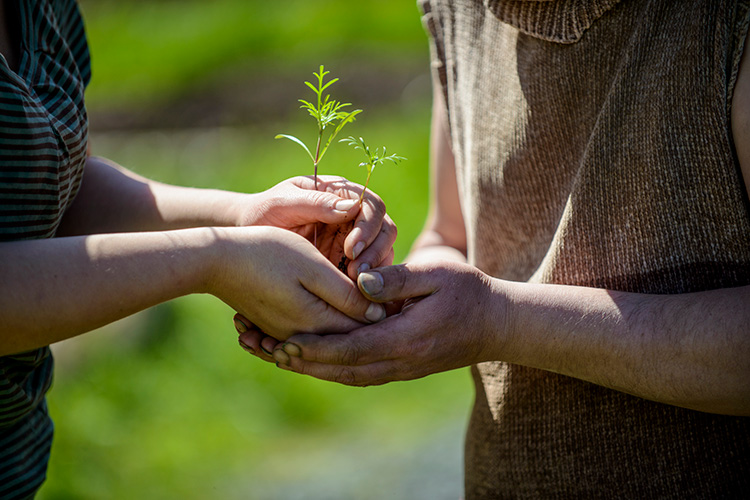
Energy Ethics
Dr Mette M High is the principal investigator of a six-year research project funded by the European Research Council on finance moralities and environmental politics in the global oil economy. The project involves a team of researchers, including Pauline Destree and Sean Field, exploring ethnographically how multiple and conflicting valuations of oil intersect and inform global markets. Collectively, the research team considers how the production, distribution, consumption and waste of energy relates to what people consider to be right or good.
Applying insights and methods from anthropology and beyond, this project focuses on people as well as resources. Attending to people’s own perceptions of and direct involvement in energy economies, it is developing a truly novel framework for understanding the relationship between oil, money and climate change.

Ethnographic Horizons: Time and the Ethnographic Horizon in Moments of Crisis
The Centre for Pacific Studies is exploring the time horizons that inform people's perceptions of crisis. The project will run for three years and is supported by the International Balzan Foundation, as part of the 2018 Balzan Prize in Social Anthropology awarded to Marilyn Strathern.
The Balzan Research Project responds to a conundrum at the heart of Social Anthropology. First-hand research is central to the fashioning of ethnography through fieldwork, yet always brings with it a specific temporal horizon. The ethnographer's present is not always the best vantage point from which to apprehend the nature of contemporary issues, notably with respect to perceptions of life in crisis. The Balzan research project is supporting one PhD student and four postdoctoral researchers.
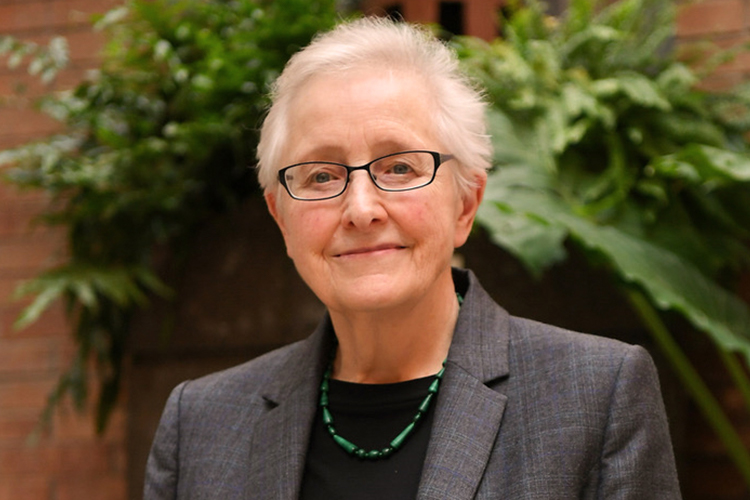
The Global War Against the Rat and the Epistemic Emergence of Zoonosis
Led by Profesor Christos Lynteris and funded by the Wellcome Trust with an Investigator Award in the Humanities and Social Sciences “The Global War Against the Rat and the Epistemic Emergence of Zoonosis” (2019-2025) will examine the global history of a foundational but historically neglected process in the development of scientific approaches of zoonosis: the global war against the rat (1898-1948).
The project will explore the synergies between knowledge acquired through medical studies of the rat, in the wake of understanding its role in the transmission of infectious diseases (plague, leptospirosis, murine typhus), with knowledge acquired during the development and application of public health measures of vector-control: rat-proofing, rat-catching and rat-poisoning.
By examining the epistemological, architectural, social, and chemical histories of rat control from a global, comparative perspective, the project will show how new forms of epidemiological reasoning about key zoonotic mechanisms (the epizootic, the disease reservoir, and species invasiveness) arose around the epistemic object of the rat.
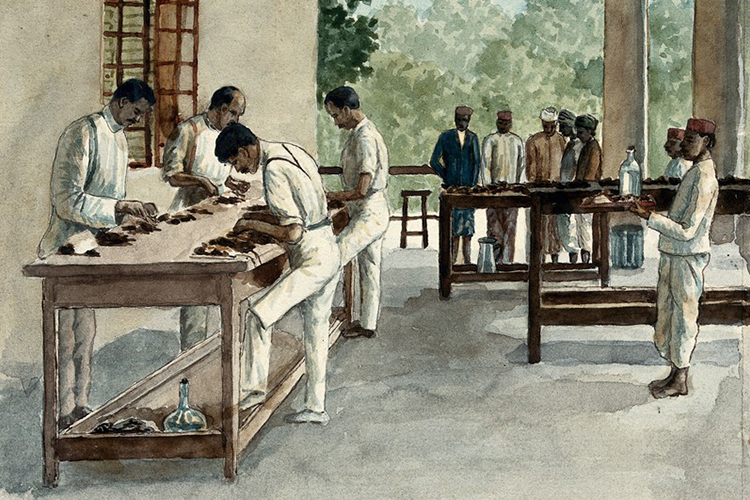
India: a laboratory in which dead rats are being examined as part of a plague-prevention programme. Watercolour, by E. Schwarz, 1915/1935, courtesy of the Wellcome Collection.
Listening to the Zoo
Dr Adam Reed is co-investigator on a project entitled 'Listening to the Zoo', funded by an Economic and Social Research Council (ESRC) Transformative Research grant award. The principal investigator, Dr Tom Rice, and the rest of the project team are based at the University of Exeter.
This project brings together scholars from anthropology, anthrozoology and bioacoustics to consider the soundscapes of zoos. This includes a consideration of the diverse acoustic ranges of different captive species, the impact of human-created sound or 'noise' on animal welfare, the role of listening in visitor experiences of the zoo and in the care of captive species by keepers. The project works with two zoos in southern England: Paignton Zoo in South Devon and Bristol Zoo.

Rebellions and Alliances in Latin America
Funded by a three-year research project grant from the Leverhulme Trust, Professor Mark Harris has studied the past of contemporary societies of the Brazilian Amazon. The project sought lessons for the future that can benefit those who strive to build a fair and sustainable society. The project built on the success of the Centre of Amerindian and Latin American Studies (CAS) in combining the anthropological and historical study of the region.
This project was further consolidated through a British Academy and Leverhulme Senior Fellowship, focusing on the development and change that arose in relation to colonial rule in riverine societies along the Brazilian Amazon. While previous histories had separated people by period, ethnicity or nationhood, they were brought together by the river. The Amazon itself was key to their identity, and the project thus asked "what kinds of societies form along rivers?"
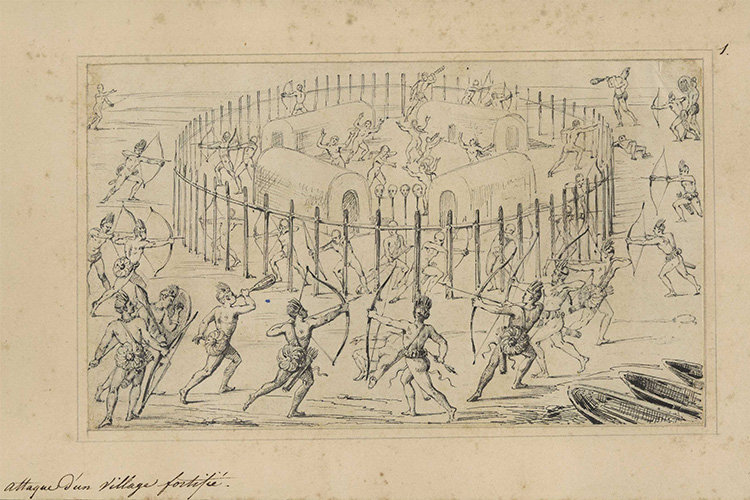
Ferdinand Denis (1798-1890). "Desenhos a grafite copiados das clássicas obras dos viajantes e que serviram para ilustrar a obra “Bresil par Ferdinand Denis. Colombie et Guyanes", par M.C. Famin. ©Biblioteca Nacional (Brasil)
Renewable Energy and Extractive Economies in the Greek Economic Crisis
The Leverhulme Trust has funded a three-year project carried out by Dr Daniel Knight that focused on the temporal complexity of renewable energy initiatives in austerity Greece. Since 2011, the Greek government has advocated renewable energy generation and export as a way to repay national debt and decrease deficit. The project explored the impact of multinational investment in photovoltaic parks on the Plain of Thessaly, Greece, where impoverished farmers have ceased crop cultivation in favour of energy production. Yet energy generated on farmland rarely benefits the local community.
The project considered the extent to which renewable energy projects are seen as new forms of extractive economy, harnessing local natural resources for the benefit of foreign corporations. It thus addressed how economic uncertainty has created dynamic spaces for entrepreneurial opportunism while renewables are locally perceived as neo-colonial programs and new extractive economies.
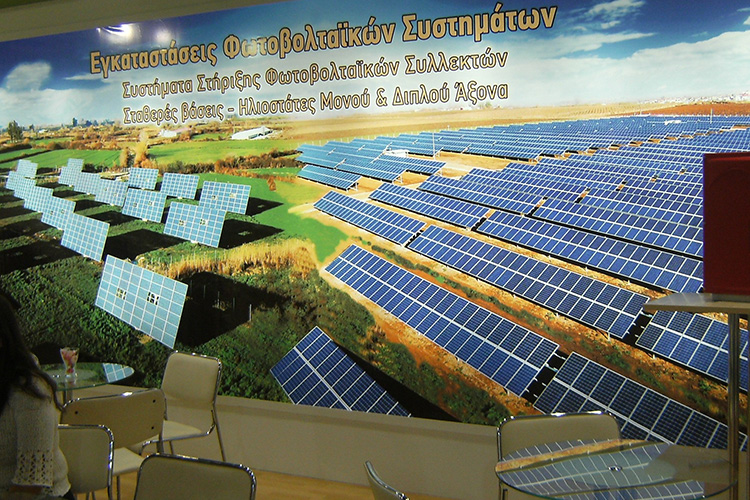
Tabulating Epidemics: Tables as Tools of Reasoning in the History of Epidemiology 1896-1940
Funded by a British Academy Small Grant, and led by Dr Lukas Engelmann (University of Edinburgh) and Professor Christos Lynteris (St Andrews) “Tabulating Epidemics” (2022-2024) investigates the impact of tabulation practices and visualisations in the emergence of modern epidemiology (1896-1940).
The hypothesis of the project is that tabulation practices, including ways of visualising data through different table forms, have specifically shaped the research, communication, and epistemology of modern epidemiological reasoning. As a form of collecting, organising and presenting epidemiological data, tabulation has enforced processes of standardisation and classification. As visual devices, tables have enabled epidemiologists to communicate the comparison of populations and tables established multi-factorial association as a hallmark of modern epidemiology. Tables and their associated practices were thus a pivotal ingredient in the epoch-defining transformation of epidemiology from a narrative and historical practice into a field based on formal mathematics, models, data, and quantification.
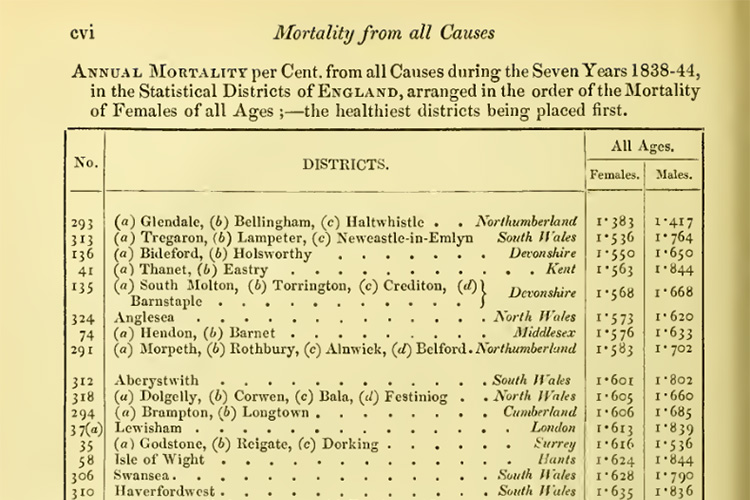
Visual Representations of the Third Plague Pandemic
Visual Representations of the Third Plague Pandemic (VR3PP) (@visualplague) was an interdisciplinary research project led by Professor Christos Lynteris (Principal Investigator) and funded by a European Research Council Starting Grant (under the European Union’s Seventh Framework Programme/ERC grant agreement no 336564) with 1.49 million Euros (HI 2013-2017, CRASSH, University of Cambridge; 2017-2018 Department of Social Anthropology, University of St Andrews).
The project engaged in the analysis of the global and local histories of the visual representation of the third plague pandemic (1894-1959), and the role they played in the formation of scientific understandings and public perception of infectious disease epidemics in the modern era. The project has shown that plague photography contributed to the emergence of epidemic photography as a distinct photographic genre, and to the emergence and consolidation of the concept and experience of the "pandemic".
